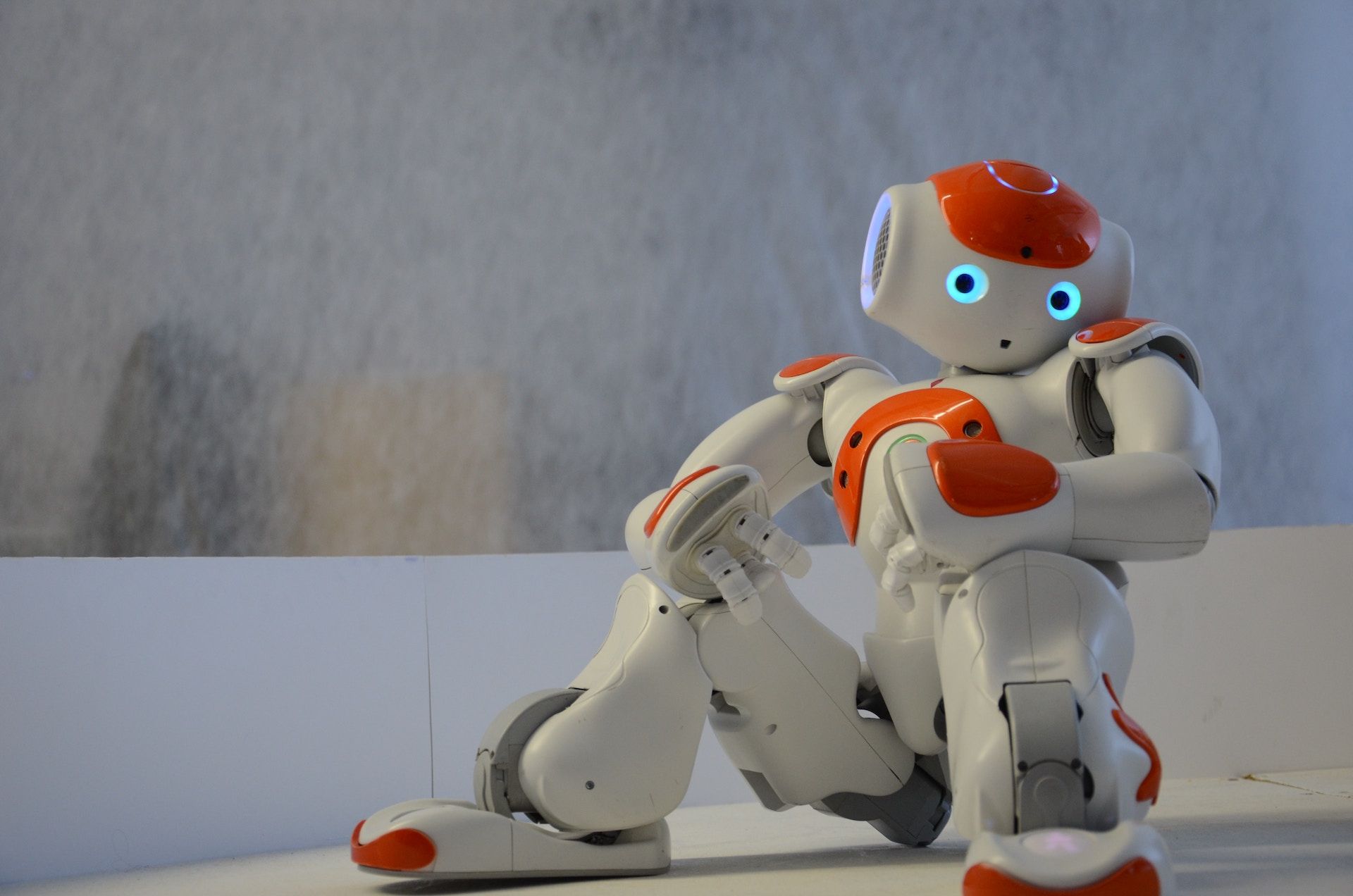
Introduction to Autonomous AI Agents
Artificial Intelligence (AI) continues to revolutionize the technology landscape, with one of the most promising advancements being Autonomous AI Agents. Autonomous AI agents are systems powered by AI that can make decisions on their own and take actions to achieve specific goals, without any human intervention. Given their ability to self-direct, they are at the cutting edge of AI development. This article will delve deeper into the concept of autonomous AI agents, their connections with other AI technologies, the challenges they face, and their future implications.
Understanding the Concept: Autonomous AI Agents
An autonomous AI agent performs actions and makes decisions independently, based on its perception of the environment or the state of affairs. Autonomy and 'agenthood' are vital elements for these systems. In simple terms, autonomy gives them the freedom to decide, while 'agenthood' implies the agent's capacity to act, consequently affecting its environment.
An autonomous AI agent consists of three major components. Firstly, it perceives the environment, gathering information through sensors or other data input methods. Secondly, it takes autonomous decisions based on the perceived information, typically using AI algorithms. Lastly, it performs actions to meet its objectives, affecting its surroundings in the process, via tools.
Related Concepts & Technologies
The concept of Autonomous AI Agents isn't isolated. It's closely tied with other AI technologies from Neural Networks to Machine, Deep and Reinforcement Learning. These technologies provide the underpinning for the functioning of an autonomous AI agent.
Machine Learning helps systems learn from data, Deep Learning facilitates processing of complex data, and Reinforcement Learning enables the agent to learn from its actions and their results, improving over time.
Autonomous AI Agents: Challenges and Limitations
Contrasting with Autonomous AI agents are Non-autonomous AI agents. These rely heavily on constant human input to make decisions and perform actions. While autonomous AI agents have the advantage of decision-making freedom and efficiency, they're also more complex and pose ethical issues.
Developing and implementing autonomous AI systems isn’t without challenges. They present technical challenges like the need for high computational power and dealing with vast and dynamic data sets. Ethical challenges arise from the system's ability to make decisions that might affect human life and well-being. Similarly, they also pose regulatory challenges, as laws need to evolve to encompass these sophisticated AI systems.
The Future of Autonomous AI Agents
The future of autonomous AI agents looks promising, however a focus on AI Transparency and Explainability, Ethics, Regulation is necessary. With rapid advancements, the need for AI systems to be transparent and explainable is crucial. Alongside, ethical and regulatory considerations need to keep pace with technology.
In conclusion, Autonomous AI Agents hold immense potential to disrupt numerous sectors and transform how we interact with technology. Understanding, nurturing, and regulating these agents responsibly will be pivotal in shaping a future where humans and AI collaborate effectively.
